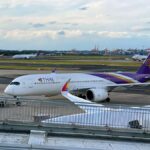
QATAR AIRWAYS: Boss finally responds to ‘unfair’ refusal of additional Australian landing rights
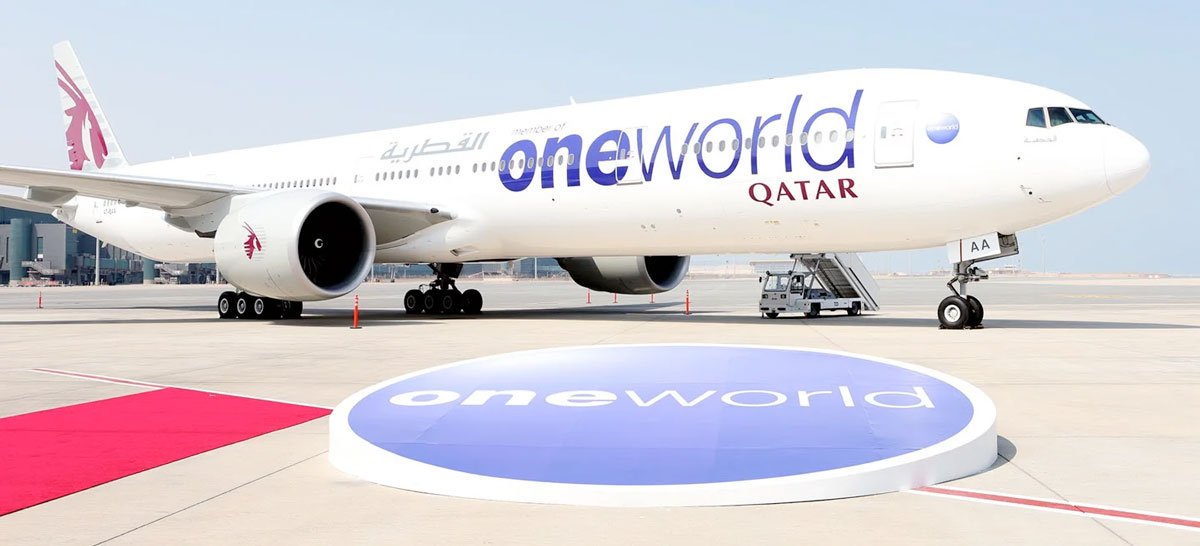
In an interview on CNN with Richard Quest this weekend, Akbar Al Bakar, Qatar Airways CEO called Catherine King, the Australian Transport Minister’s refusal to allow more Qatar flights into Australia as a surprise and ‘unfair’.
The CEO asserted that Qatar Airways had done much for Australia during the pandemic when it repatriated stranded Australians and facilitated the transport of medical supplies and spare parts. He reminded reporters that Qatar kept flying to Australia when Qantas closed its international operations.
![Catherine King, Minister for Transport [King]](https://www.2paxfly.com/wp-content/uploads/2023/09/Catherine-King-MOT.jpg)
Senate hearings next week
The comments are timely, coming ahead of an Australian Senate inquiry into the minister’s decision, which has already called the Qatari ambassador and the Qatar Civil Aviation Authority to give evidence. The inquiry has been broadened to look more widely at the impediments to competition in the Australian aviation industry.
The inquiry was prompted by the changing reasons the government gave for its decision to reject the doubling of flights proposed by Qatar Airways. Initially, it was because of the strip-searching of Australian women at Doha Airport in October 2020 due to discovering an abandoned newborn in the airport toilets. Next, it was claimed that the decision would not affect competition or lower airfares. Then, another minister implied that the decision had been made to preserve the profitability of Qantas.
![Qantas Departures flip board, Melbourne First Louge [Schuetz/2PAXfly]](https://www.2paxfly.com/wp-content/uploads/2023/08/Qantas-Melbourne-First-Lounge-IMG_4085-1.jpg)
Minister asserts ‘public interest immunity over documents
The Inquiry had sought documents from the Transport Minister, which she has denied, citing public interest immunity as:
“The production of documents falling within the scope of these orders would, or might reasonably be expected to, disclose the nature of bilateral relations with Australia’s foreign partners that we have given undertakings to protect.”
Qatar Airways view on inquiry
Al Bakar was unusually circumspect in his response to questions about the possibility of the refusal being overturned, responding that:
“We know we can never influence a government decision, but the fact remains is that we were very surprised for getting these rights blocked or unapproved.
“I can say there is a parliamentary inquiry and it is very difficult for me to make any comments, we have full confidence in the government and in the parliament, and in the Senate of the Australian government, so we will have to wait and see what conclusion they get up to.”
Akbar Al Bakar, CEO Qatar Airways
![Qatar Airways Business Class A380 [Schuetz/2PAXfly]](https://www.2paxfly.com/wp-content/uploads/2021/06/Qatar-a380-syd-doha-cabin3.jpg)
Background
Of course, there is more to this story than appears on the surface of this specific dispute. It actually sits at the doorsteps of the two Australian airlines, Qantas and Virgin Australia.
Although Qantas and Qatar are both OneWorld Alliance members, they have a history of being enemies or at least competitors. Qantas long ago aligned itself with Middle East carrier Emirates, outside the OneWorld partnership. Initially, by flying direct to Dubai, but now through a more standard partnership agreement. The Emirates/Qantas partnership is one reason these two airlines hold a substantial part of the market between Australia and Europe.
Virgin Australia has abandoned all international flights, excluding short-haul destinations in the Asia Pacific that its 737-800 fleet can reach. It gave up international routes when it entered Administration and was sold to Bain Capital. It now achieves an international network through a series of partnership agreements. Guess which is its major Middle East partner? Yep, you win the prize if you said Qatar Airways.
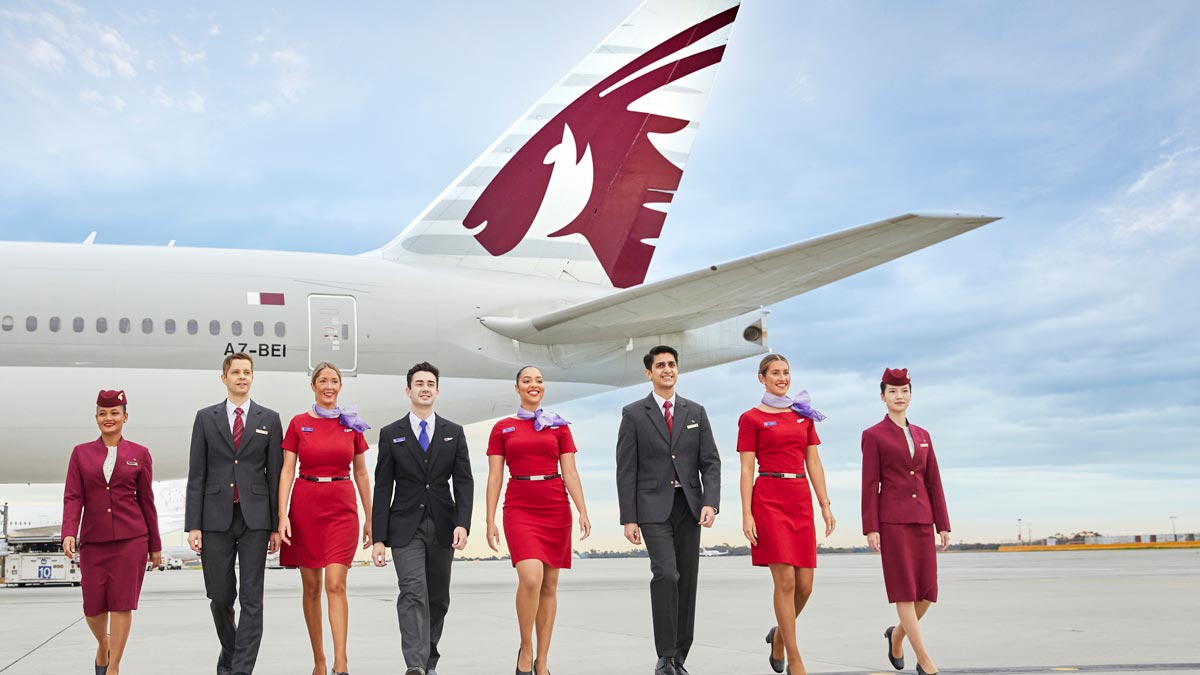
2PAXfly Takeout
So, the apparent war between Qantas (or ex-CEO Alan Joyce) and Qatar Airways, with the Minister for Transport and the flying public as extremely interested parties, is actually a proxy war between Qantas and Virgin Australia. Qatar, if given additional flights, will threaten Emirates and Qantas’s hold on European routes, and Qantas domestic operations also benefit from those international routes. For Virgin, seeing its partner Airline Qatar gain more flights into Australia would also increase domestic traffic. That could see it increase its 30% share of existing traffic.
Many airlines are hoping to increase their presence in Australia. Some don’t need to seek permission since they are already part of open skies agreements

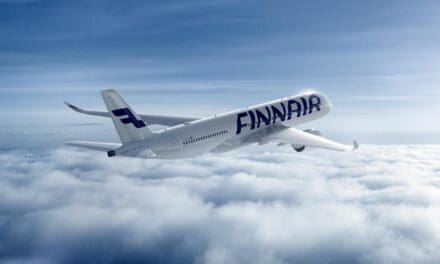
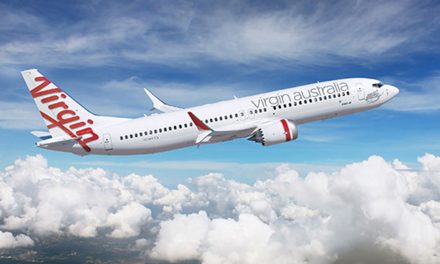

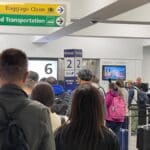


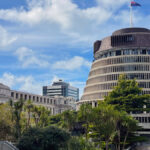

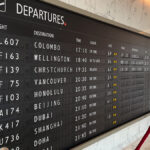

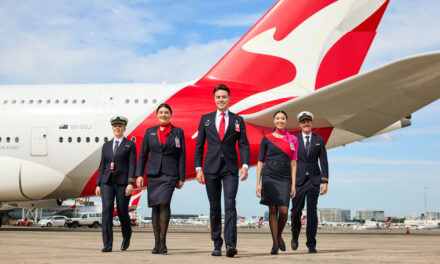
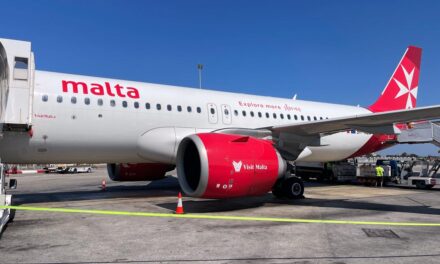
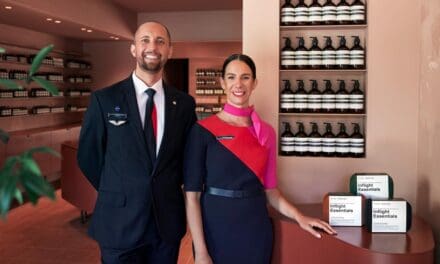
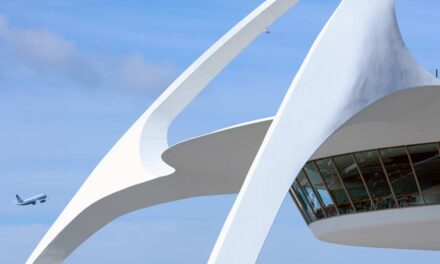



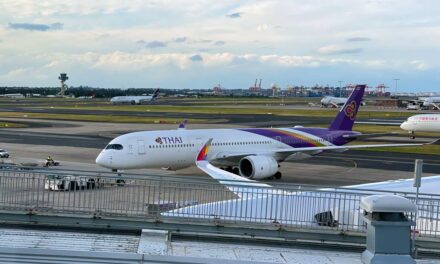




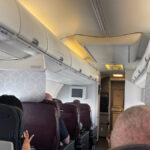





What did you say?